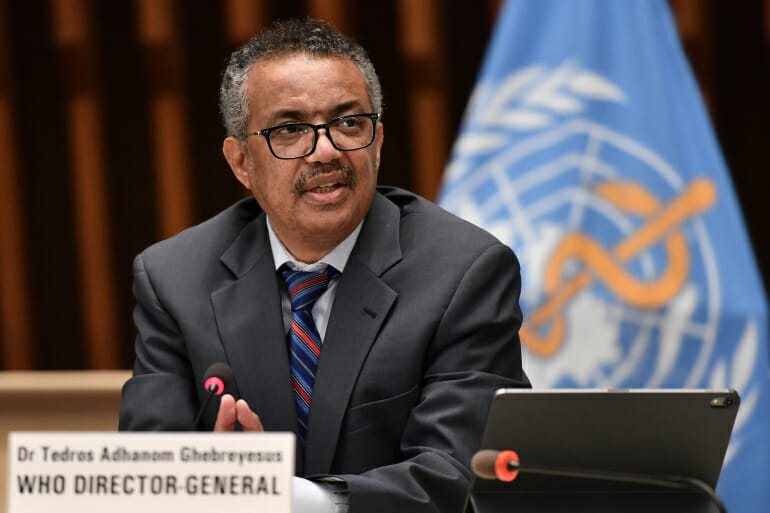The World Health Organisation (WHO) has christened the new COVID-19 strain as ‘Omicron’ and classified it as a variant of concern.
South Africa’s National Institute for Communicable Diseases (NICD) on Thursday announced the discovery of the new variant, B.1.1.529, and said 22 positive cases of the strain had so far been detected in the country.
According to the WHO’s statement, the technical advisory group on SARS-CoV-2 virus evolution (TAG-VE), an independent group of experts that periodically monitors and evaluates the evolution of COVID-19, convened on Friday to assess the new variant.
“The epidemiological situation in South Africa has been characterized by three distinct peaks in reported cases, the latest of which was predominantly the Delta variant. In recent weeks, infections have increased steeply, coinciding with the detection of B.1.1.529 variant. The first known confirmed B.1.1.529 infection was from a specimen collected on 9 November 2021,” the statement reads.
“This variant has a large number of mutations, some of which are concerning. Preliminary evidence suggests an increased risk of reinfection with this variant, as compared to other VOCs. The number of cases of this variant appears to be increasing in almost all provinces in South Africa. Current SARS-CoV-2 PCR diagnostics continue to detect this variant.
“Several labs have indicated that for one widely used PCR test, one of the three target genes is not detected (called S gene dropout or S gene target failure) and this test can therefore be used as marker for this variant, pending sequencing confirmation. Using this approach, this variant has been detected at faster rates than previous surges in infection, suggesting that this variant may have a growth advantage.
“Based on the evidence presented indicative of a detrimental change in COVID-19 epidemiology, the TAG-VE has advised WHO that this variant should be designated as a VOC, and the WHO has designated B.1.1.529 as a VOC, named Omicron.”
The WHO, therefore, advised countries to enhance surveillance and sequencing efforts, as well as ensure strict adherence to the COVID protocol to limit the spread of infections.
